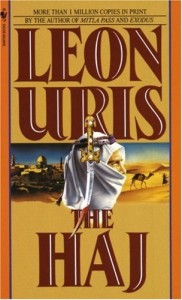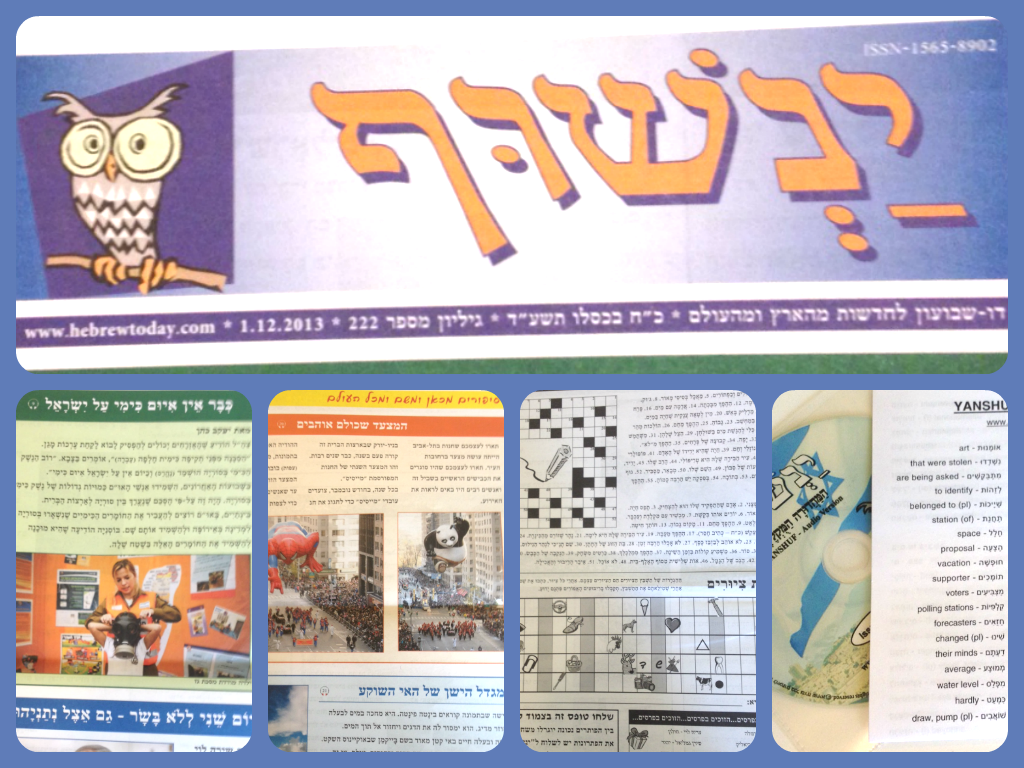The Middle East is not the West.
It sounds obvious, but this distinction evades the Western press and people, and it’s a problem because Extremists exploit this failure of understanding to advance their own nefarious agendas.
What do I mean? Westerners believe all people are good at the core. We presume that all people deep down just want life, liberty and the pursuit of happiness. This presumption is wrong. As we are seeing in the Middle East, there are Islamic Extremists that do not revere these fair aspirations, but instead glorify death, subjugate and oppress, and silence individual pursuits, dreams and freedoms through violence, torture and murder.
That comment sounds severe to your Western sensibilities, doesn’t it? (I’m sure I’ll get some nasty-grams about it.) You can’t believe it, you won’t believe. And that’s how they get you.
Terrorists can continue apace so long as the West refuses to ignore the obvious, refuses to ignore their true nature, which they are shamelessly demonstrating over and over again. In the last few weeks alone we’ve seen: Christians persecuted and crucified, and thousands of civilians mass murdered in Iraq and Syria. We’ve seen thousands of rockets lobbed into Israel, discovered tunnels armed with tranquilizers and handcuffs, primed for mass massacre and the kidnapping of 200 civilians. Yet we still can’t concede that these people’s ideology fundamentally differs from our own. Ergo, we grant them the freedom to take away others’ freedoms because we believe in freedom. It’s twisted.
 To better understand, let me recommend some summer reading. “The Haj,” a historical fiction based on over 1,000 interviews, delves deep into the tribal mentality of the Middle East and exposes, from the inside, the ideology the West is up against. It encapsulates, in detail, the early years of Jewish-and-Arab Palestine. Written from the Arab point of view, The reader sees the slippery slope of extremism. The action-packed book moves, rich with history, description, character, and some of the finest writing I’ve ever read. Uris too wrote, “The Exodus,” the famous novel and film that led us all to believe that Paul Newman was the greatest Zionist of all time. Though missed by many in my generation, I hope to bring it back to people’s attention. Understanding the Arab tribal mentality and Jihad is crucial right now.
To better understand, let me recommend some summer reading. “The Haj,” a historical fiction based on over 1,000 interviews, delves deep into the tribal mentality of the Middle East and exposes, from the inside, the ideology the West is up against. It encapsulates, in detail, the early years of Jewish-and-Arab Palestine. Written from the Arab point of view, The reader sees the slippery slope of extremism. The action-packed book moves, rich with history, description, character, and some of the finest writing I’ve ever read. Uris too wrote, “The Exodus,” the famous novel and film that led us all to believe that Paul Newman was the greatest Zionist of all time. Though missed by many in my generation, I hope to bring it back to people’s attention. Understanding the Arab tribal mentality and Jihad is crucial right now.
Lest anyone try to dismiss this novel’s authenticity because Uris himself was a Jew, let me share an honest review I found on a book-review site:
Share This Post
Follow Me
Bringing Israel Home: Hebrew Newspapers
Although I didn’t grow up speaking Hebrew, Hebrew has spoken to me since I was a kid. It started with my first visit to Israel at age 11. How strange to feel so at home in such a foreign place? I experienced then what I’ve experienced during every trip since—a happy heart. It’s a soul thing. If you’ve been, you likely understand what I mean intimately. And when you feel your soul smile, you want that feeling to last and deepen and grow.
The key to such expansion, according to me, is Hebrew, which connects a person to Israel and Judaism like nothing else. On the simplest level, I believe that because languages unlock new worlds. The vocabulary, the sentence structures, the emphasis, the sayings all reveal the way a culture sees and interacts with life. Understand the language of a land and be converted from an outsider to an insider.
At age 30, I realized my dream and went to Israel to learn Hebrew. I attended the best Ulpan (intensive Hebrew classes) in the country and emerged speaking Hebrew. High Holiday services that year thrilled me because, for the first time, prayers that were once gibberish had meaning, far beyond the forced translations on the left.

Returning to the US, the challenge of maintenance set it. You don’t use it, you lose it, and I wasn’t about to let that happen. Enter Hebrew Today which publishes Hebrew-language newspapers, available around the world that are made especially for students at any level. I’m always excited to find it in my mailbox.
Fascinatingly, the newspaper itself plays an instrumental role in Hebrew’s resurrection as a modern, spoken language. Eliezer Ben-Yehuda, who pioneered the movement in the 1880’s, published a newspaper called Hatzvi that covered contemporary issues and in so doing, introduced new words to the ancient language. Jews throughout the diaspora read his newspaper and learned modern Hebrew! Thanks to Ben-Yehuda’s dedication, when Jews arrived in Israel after years of exile, they returned speaking the language of their ancestors.
Reading these Hebrew papers are one small way I can bring Israel home, strengthen my connection to Judaism, and continue the legacy of Hebrew and learning as a constant in the story of the Jewish people.
Share This PostFollow Me
